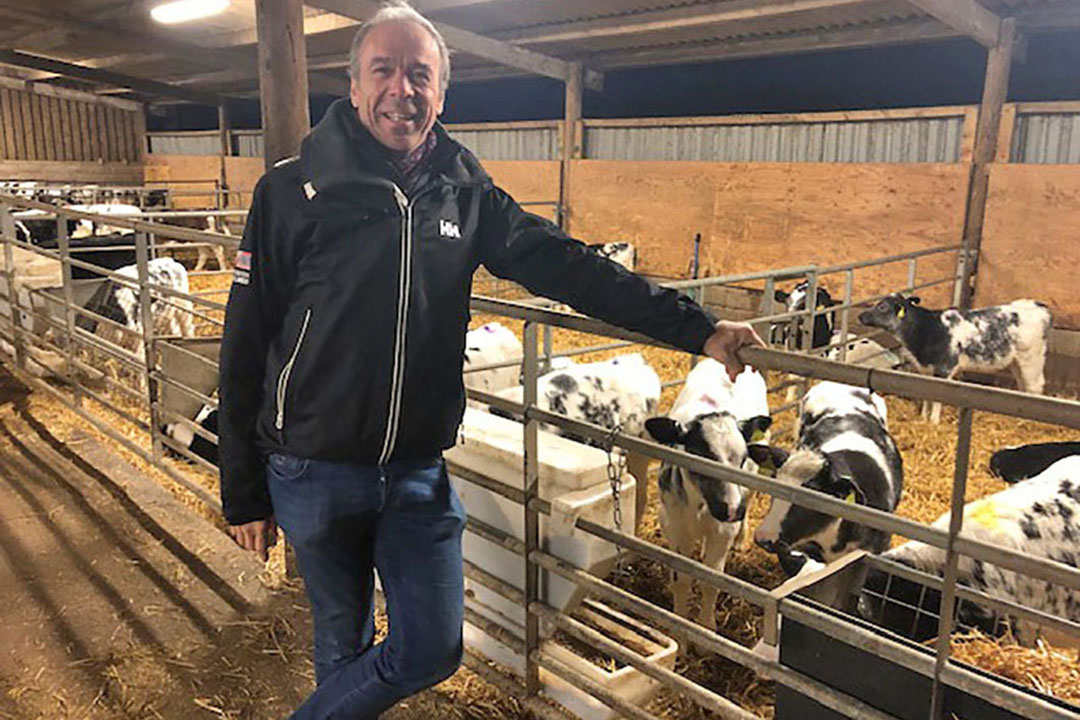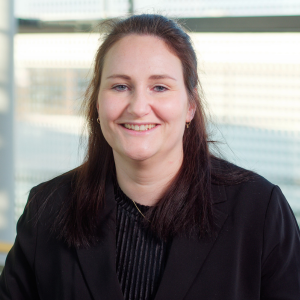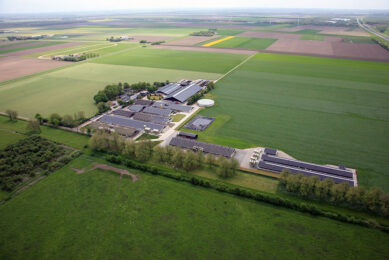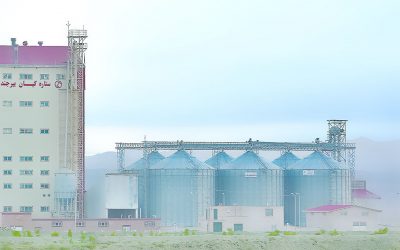Nukamel’s MD on 65 years producing milk replacers

Nukamel, a producer of milk replacers based in the Netherlands and Belgium recently celebrated its 65th anniversary. All About Feed talked with Managing Director, Jan Druyts.
All About Feed: Can you tell a bit more about the history of Nukamel?
Jan Druyts: The company was founded by Wessanen in 1954, followed by a restructuring in the mid-90s and a buy-out in 2003. That was the moment that I, working as managing director, and 2 colleagues bought the company and continued the business from the Olen plant in Belgium. In 2010 we took over a factory from Provimi in Weert, the Netherlands. Since then the company has doubled in size. We are active in more than 60 countries worldwide, but our home market, the EU, remains our stronghold.
This year Nukamel celebrated its 65th anniversary, looking back on this period what shifts have taken place in the dairy sector?
The dairy sector is a rapidly evolving industry. In the past, you had mainly 2 raw materials: skimmed milk powder and whey powder. Nowadays, dairy processors have become large refineries and extract as many nutrient components as possible, resulting in a residual product with a lower nutritional value. Which means that our people have to become more specialised, to be able to make concepts that meet the nutritional requirements. The productivity of livestock – and thus the nutritional needs of animals – is increasing.
cooperation is becoming more important. In the feed sector we have a number of important shared interests that we must tackle together.” – Jan Druyts.
How does Nukamel contribute to this rising productivity?
We focus on epigenetics, i.e., the quality of the first phase of life has an effect on the animal’s later life. For example, a calf that had a good start and a steep growth curve, will have fewer health problems in later life and therefore need less antibiotics. Also stronger growth in early life will affect milk production. Every 100g of extra growth in a youthful life results in about 500kg of milk extra per lactation. Young animal feeds are expensive, but the return on investment is high.
Besides the increasing productivity of livestock, what other challenges will the dairy industry face in the future?
The European dairy market it is a relative stable environment. However, the world is changing and becoming increasingly unpredictable. Therefore, cooperation is becoming more important. In the feed sector we have a number of important shared interests that we must tackle together. Finding that collaboration will not be easy. In addition, production needs to become more efficient and more sustainable.
In September (2019) the 65th anniversary conference of Nukamel took place; how do you look back on this event?
It was very successful, with about 200 people participating. The programme consisted of excellent speakers with a scientific background and, on the other hand, there were presentations that highlighted market trends. It was also a good moment to strengthen our relationships.












